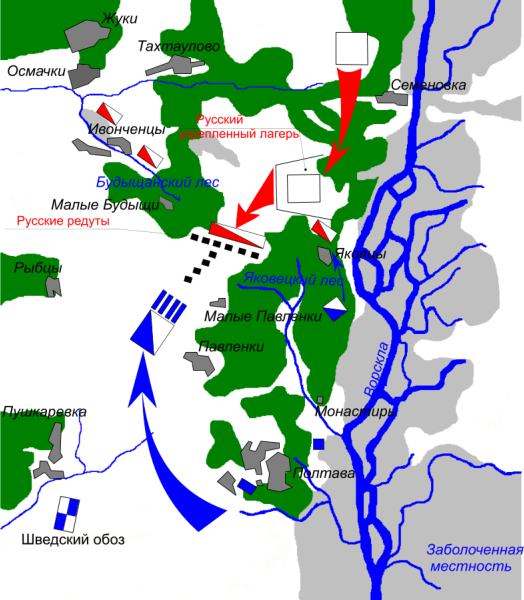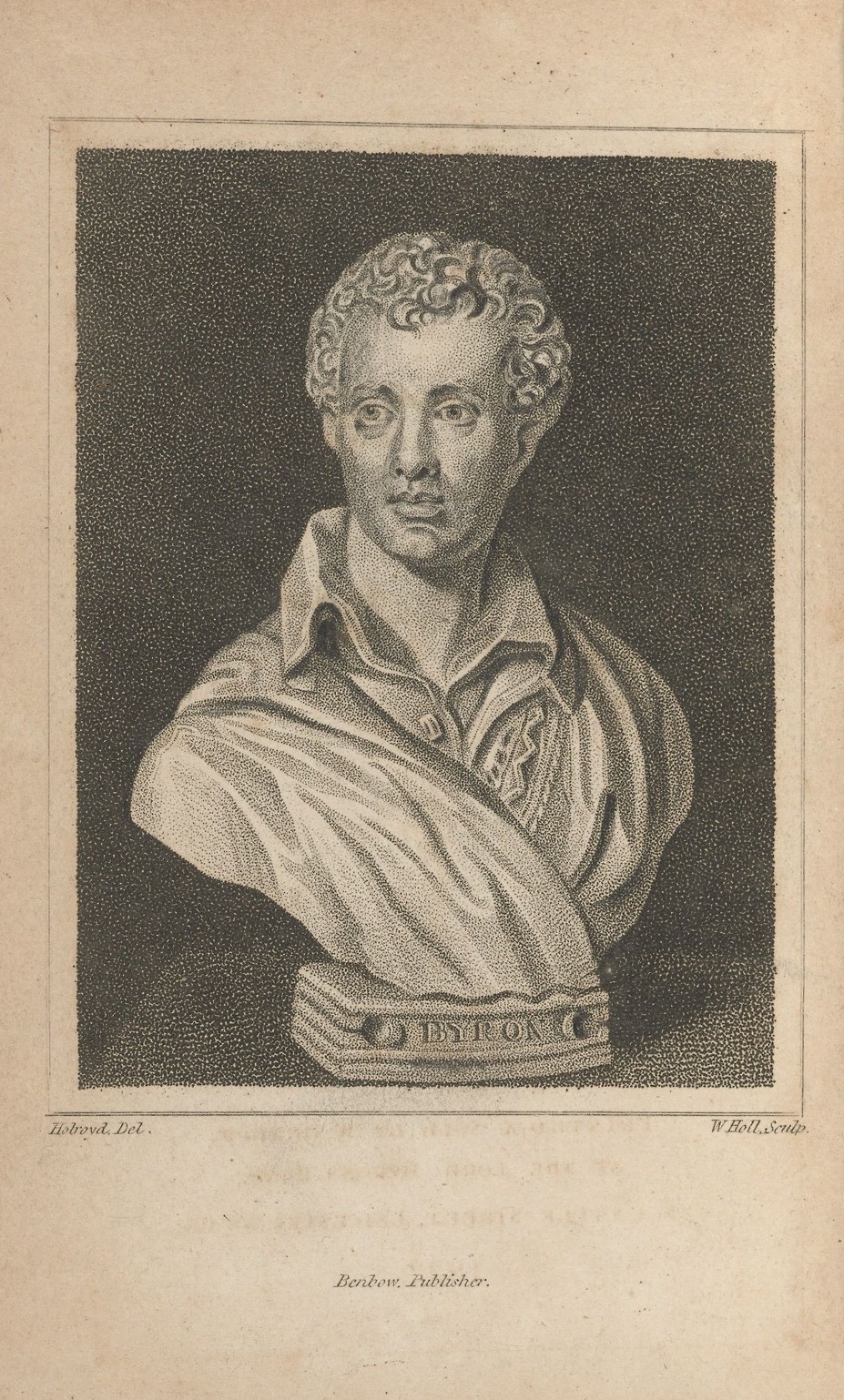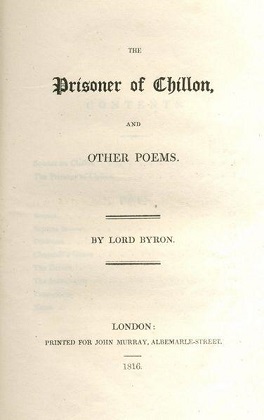|
Mazeppa (Byron)
''Mazeppa'' is a narrative poetry, narrative poem written by the English Romanticism, Romantic poet Lord Byron in 1819. It is based on a popular legend about the early life of Ivan Mazepa (1639–1709), who later became Hetman (military leader) of Cossack Hetmanate, Ukraine.''Mazeppa'' is a historical spelling; in modern documents the historical figure is referred to as ''Ivan Mazepa''. However, reprints of Byron's poem keep the spelling ''Mazeppa''. This article uses the "Mazeppa" spelling when referring to the hero of the poem, and reserves "Mazepa" for references to the actual historical personage. Byron's poem was immediately translated into French, where it inspired a series of works in various art forms. The cultural legacy of Mazeppa, cultural legacy of ''Mazeppa'' was revitalised with the independence of Ukraine in 1991. According to the poem, the young Mazeppa has a love affair with a Polish Countess, Theresa, while serving as a page at the Court of King John II Casi ... [...More Info...] [...Related Items...] OR: [Wikipedia] [Google] [Baidu] |
Lord Byron
George Gordon Byron, 6th Baron Byron (22 January 1788 – 19 April 1824), known simply as Lord Byron, was an English romantic poet and Peerage of the United Kingdom, peer. He was one of the leading figures of the Romantic movement, and has been regarded as among the greatest of English poets. Among his best-known works are the lengthy Narrative poem, narratives ''Don Juan (poem), Don Juan'' and ''Childe Harold's Pilgrimage''; many of his shorter lyrics in ''Hebrew Melodies'' also became popular. Byron was educated at Trinity College, Cambridge, later traveling extensively across Europe to places such as Italy, where he lived for seven years in Venice, Ravenna, and Pisa after he was forced to flee England due to lynching threats. During his stay in Italy, he frequently visited his friend and fellow poet Percy Bysshe Shelley. Later in life Byron joined the Greek War of Independence fighting the Ottoman Empire and died leading a campaign during that war, for which Greeks rev ... [...More Info...] [...Related Items...] OR: [Wikipedia] [Google] [Baidu] |
Battle Of Poltava
The Battle of Poltava; russian: Полта́вская би́тва; uk, Полта́вська би́тва (8 July 1709) was the decisive and largest battle of the Great Northern War. A Russian army under the command of Tsar Peter I defeated a Swedish army, under the command of Carl Gustaf Rehnskiöld. The battle put an end to the status of the Swedish Empire as a European great power, as well as its eastbound expansion, and marked the beginning of Russian hegemony in Northern Europe. During the course of six years in the initial stages of the war, King Charles XII and the Swedish Empire had defeated almost all participants in the anti-Swedish coalition, which initially consisted of the Polish-Lithuanian Commonwealth, Denmark-Norway and the Tsardom of Russia. The latter under Tsar Peter I's rule was the only one still undefeated. Charles XII therefore chose to invade Russia in the autumn of 1707 and march towards Moscow with a large Swedish army. However, the campaign w ... [...More Info...] [...Related Items...] OR: [Wikipedia] [Google] [Baidu] |
Zbigniew Bialas
Zbigniew () is a Polish masculine given name, originally Zbygniew . This West Slavic name is derived from the Polish elements ''Zby-'' (from ''zbyć, zbyć się, or pozbyć się'', meaning "to dispel", "to get rid of") and ''gniew'', meaning "anger". Its diminutive forms include Zbyszek and Zbyś. The Czech form of this name is Zbyněk (derived from Zbyhněv). Individuals with this name may celebrate their name day on February 17, March 17, April 1, June 16 or October 10. English diminutive of this name is Zibi, Zbiggy or Zbig. Notable people * Zbigniew of Brzezia (c. 1360 – c. 1425), Polish knight and nobleman of Clan Zadora * Zbigniew of Poland, high duke of Poland from 1102–1106 A * Zbigniew Andruszkiewicz (born 1959), Polish rower B * Zbigniew Babiński (1896–1940), Polish military and sports aviator * Zbigniew Bargielski (born 1937), Polish composer * Zbigniew Baranowski (born 1991), Polish wrestler * Zbigniew Bartman (born 1987), Polish volleyball player * ... [...More Info...] [...Related Items...] OR: [Wikipedia] [Google] [Baidu] |
Critical Theory
A critical theory is any approach to social philosophy that focuses on society and culture to reveal, critique and challenge power structures. With roots in sociology and literary criticism, it argues that social problems stem more from social structures and cultural assumptions than from individuals. It argues that ideology is the principal obstacle to human liberation. Critical theory finds applications in various fields of study, including psychoanalysis, sociology, history, communication theory, philosophy and feminist theory. Specifically, Critical Theory (capitalized) is a school of thought practiced by the Frankfurt School theoreticians Herbert Marcuse, Theodor Adorno, Walter Benjamin, Erich Fromm, and Max Horkheimer. Horkheimer described a theory as critical insofar as it seeks "to liberate human beings from the circumstances that enslave them." Although a product of modernism, and although many of the progenitors of Critical Theory were skeptical of postmoderni ... [...More Info...] [...Related Items...] OR: [Wikipedia] [Google] [Baidu] |
The Stranger (Camus Novel)
''The Stranger'' (french: links=no, L'Étranger ), also published in English as ''The Outsider'', is a 1942 novella by French author Albert Camus. Its theme and outlook are often cited as examples of Camus' philosophy, absurdism, coupled with existentialism; though Camus personally rejected the latter label. The title character is Meursault, an indifferent French settler in Algeria described as "a citizen of France domiciled in North Africa, a man of the Mediterranean, an ''homme du midi'' yet one who hardly partakes of the traditional Mediterranean culture."From Cyril Connolly's introduction to the first English translation, by Stuart Gilbert (1946) Weeks after his mother's funeral, he kills an Arab man in French Algiers, who was involved in a conflict with one of Meursault's neighbors. Meursault is tried and sentenced to death. The story is divided into two parts, presenting Meursault's first-person narrative view before and after the murder, respectively. In January 1955, ... [...More Info...] [...Related Items...] OR: [Wikipedia] [Google] [Baidu] |
Albert Camus
Albert Camus ( , ; ; 7 November 1913 – 4 January 1960) was a French philosopher, author, dramatist, and journalist. He was awarded the 1957 Nobel Prize in Literature at the age of 44, the second-youngest recipient in history. His works include '' The Stranger'', '' The Plague'', ''The Myth of Sisyphus'', '' The Fall'', and '' The Rebel''. Camus was born in French Algeria to '' Pieds Noirs'' parents. He spent his childhood in a poor neighbourhood and later studied philosophy at the University of Algiers. He was in Paris when the Germans invaded France during World War II in 1940. Camus tried to flee but finally joined the French Resistance where he served as editor-in-chief at '' Combat'', an outlawed newspaper. After the war, he was a celebrity figure and gave many lectures around the world. He married twice but had many extramarital affairs. Camus was politically active; he was part of the left that opposed Joseph Stalin and the Soviet Union because of their totali ... [...More Info...] [...Related Items...] OR: [Wikipedia] [Google] [Baidu] |
Existentialism
Existentialism ( ) is a form of philosophical inquiry that explores the problem of human existence and centers on human thinking, feeling, and acting. Existentialist thinkers frequently explore issues related to the meaning, purpose, and value of human existence, and the role of personal agency in transforming one's life. In the view of an existentialist, the individual's starting point is phenomenological, grounded in the immediate direct experience of life. Key concepts include " existential angst", a sense of dread, disorientation, confusion, or anxiety in the face of an apparently meaningless or absurd world, and also authenticity, courage, and human-heartedness. Existentialism is associated with several 19th- and 20th-century European philosophers who shared an emphasis on the human subject, despite often profound differences in thought. Among the earliest figures associated with existentialism are philosophers Søren Kierkegaard and Friedrich Nietzsche and novel ... [...More Info...] [...Related Items...] OR: [Wikipedia] [Google] [Baidu] |
Don Juan (poem)
In English literature, ''Don Juan'' (1819–1824), by Lord Byron, is a satirical, epic poem that portrays the Spanish legend of Don Juan not as a womaniser, but as a man easily seduced by women.English 151-03 ''Byron's 'Don Juan' notes'' , Gregg A. Hecimovich As genre literature, ''Don Juan'' is an , written in '''' and presented in sixteen cantos. Lord Byron derived the character, but not the story, from the same Spanish legend. Upon publication in 1819, cantos I and II were criticised as immoral, because the author B ... [...More Info...] [...Related Items...] OR: [Wikipedia] [Google] [Baidu] |
The Prisoner Of Chillon
''The Prisoner of Chillon'' is a 392-line narrative poem by Lord Byron. Written in 1816, it chronicles the imprisonment of a Genevois monk, François Bonivard, from 1532 to 1536. Writing and publication On 22 June 1816, Lord Byron and his contemporary and friend Percy Bysshe Shelley were sailing on Lake Geneva (referred to as "Lac Leman", the French name, throughout the poem) and stopped to visit the Château de Chillon. After touring the castle (and walking through the dungeon in which Bonivard was imprisoned), Byron was inspired by Bonivard's story and composed '' The Sonnet of Chillon''. Because of torrential rainfall, Byron and his companion rested at a hotel in Ouchy Ouchy is a port and a popular lakeside resort south of the centre of Lausanne in Switzerland, at the edge of Lake Geneva (french: lac Léman). Facilities Very popular with tourists for the views of nearby France (Évian-les-Bains, Thonon), ... following their tour. In late June or early July (sev ... [...More Info...] [...Related Items...] OR: [Wikipedia] [Google] [Baidu] |
Louis Boulanger Louis--death Of The Horse Of Mazeppa--1839 , names sometimes translated to English as "Louis"
{{disambiguation ...
Louis may refer to: * Louis (coin) * Louis (given name), origin and several individuals with this name * Louis (surname) * Louis (singer), Serbian singer * HMS ''Louis'', two ships of the Royal Navy See also Derived or associated terms * Lewis (other) * Louie (other) * Luis (other) * Louise (other) * Louisville (other) * Louis Cruise Lines * Louis dressing, for salad * Louis Quinze, design style Associated names * * Chlodwig, the origin of the name Ludwig, which is translated to English as "Louis" * Ladislav and László - names sometimes erroneously associated with "Louis" * Ludovic, Ludwig, Ludwick, Ludwik Ludwik () is a Polish given name. Notable people with the name include: * Ludwik Czyżewski, Polish WWII general * Ludwik Fleck (1896–1961), Polish medical doctor and biologist * Ludwik Gintel (1899–1973), Polish-Israeli Olympic soccer player ... [...More Info...] [...Related Items...] OR: [Wikipedia] [Google] [Baidu] |
Great Northern War
The Great Northern War (1700–1721) was a conflict in which a coalition led by the Tsardom of Russia successfully contested the supremacy of the Swedish Empire in Northern, Central and Eastern Europe. The initial leaders of the anti-Swedish alliance were Peter I of Russia, Frederick IV of Denmark–Norway and Augustus II the Strong of Saxony– Poland–Lithuania. Frederick IV and Augustus II were defeated by Sweden, under Charles XII, and forced out of the alliance in 1700 and 1706 respectively, but rejoined it in 1709 after the defeat of Charles XII at the Battle of Poltava. George I of Great Britain and the Electorate of Hanover joined the coalition in 1714 for Hanover and in 1717 for Britain, and Frederick William I of Brandenburg-Prussia joined it in 1715. Charles XII led the Swedish army. Swedish allies included Holstein-Gottorp, several Polish magnates under Stanislaus I Leszczyński (1704–1710) and Cossacks under the Ukrainian Hetman Ivan Mazepa (1708–17 ... [...More Info...] [...Related Items...] OR: [Wikipedia] [Google] [Baidu] |
André Guillaume Contant Dorville
André — sometimes transliterated as Andre — is the French and Portuguese form of the name Andrew, and is now also used in the English-speaking world. It used in France, Quebec, Canada and other French-speaking countries. It is a variation of the Greek name ''Andreas'', a short form of any of various compound names derived from ''andr-'' 'man, warrior'. The name is popular in Norway and Sweden. Cognate names Cognate names are: * : Andrei, |



.jpg)


